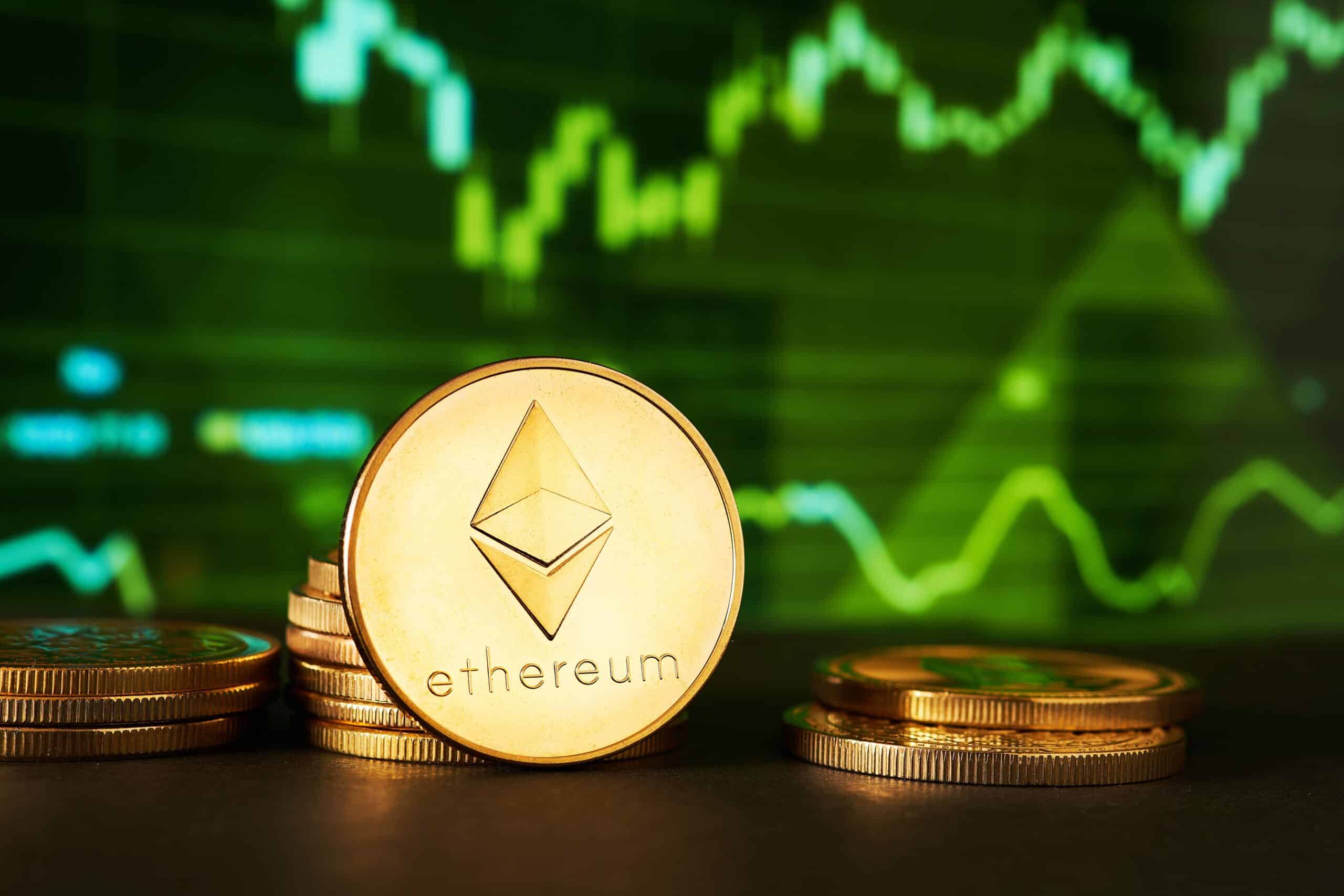An anonymous Ethereum user spent $88,000 worth of ether in fees to send a transaction worth $2,200 on Sunday.
The transaction was first noticed by X user DeFiac, and later flagged by blockchain security firm PeckShield.
The total cost of a transaction is measured by the amount of gas consumed for performing a particular transaction, the base fee, and the priority fee set by the user.
Typically, gas prices increase when there are high periods of demand for block space, prompting users to set higher prices for validators to prioritize their transactions. In this case, it appears that the user accidentally entered a number significantly higher than the value of the transaction itself.
While it wouldn’t be the first time a keyboard input “fat finger” error has resulted in someone overpaying for gas, it is worth noting that the median gas fee on Ethereum is currently at a five-year low.
The gas fee on the Ethereum blockchain is currently hovering between 1-2 gwei, or $0.0089-$0.0178. That range is so low that it is impacting the ETH issuance schedule, according to a report from The Block.
In March, Ethereum’s Dencun upgrade introduced data blob carrying transactions, also known as proto-danksharding, to lower transaction costs for layer 2 blockchains. For the network, one of the outcomes has been a slowdown in user activity on the mainnet.
According to Gnosis co-founder Martin Köppelmann, a minimum gas fee of 23.9 gwei is necessary to offset the staking rewards to validators.
“Ethereum needs to get more L1 activity again and even if it sounds counterintuitive at such low rates, raising the gas limit can be part of a strategy,” said Köppelmann on X.



